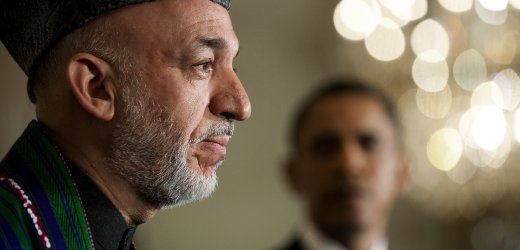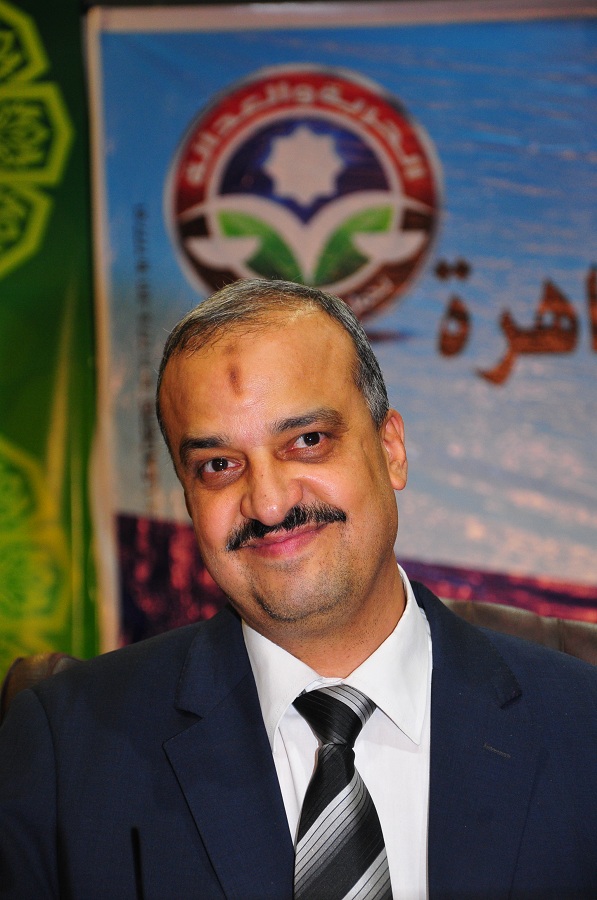NEW YORK: While discussions about economic “green shoots continue unabated in the United States, in many countries, and especially in the developing world, matters are getting worse. The downturn in the US began with a failure in the financial system, which quickly was translated into a slowdown in the real economy. But, in the developing world, it is just the opposite: a decline in exports, reduced remittances, lower foreign direct investment, and precipitous falls in capital flows have led to economic weakening. As a result, even countries with good regulatory systems are now confronting problems in their financial sectors.
On June 23, a United Nations conference focusing on the global economic crisis and its impact on developing countries reached a consensus both about the causes of the downturn and why it was affecting developing countries so badly. It outlined some of the measures that should be considered and established a working group to explore the way forward, possibly under the guidance of a newly established expert group.
The agreement was remarkable: in providing what in many ways was a clearer articulation of the crisis and what needs to be done than that offered by the G-20, the UN showed that decision-making needn’t be restricted to a self-selected club, lacking political legitimacy, and largely dominated by those who had considerable responsibility for the crisis in the first place. Indeed, the agreement showed the value of a more inclusive approach – for example, by asking key questions that might be too politically sensitive for some of the larger countries to raise, or by pointing out concerns that resonate with the poorest, even if they are less important for the richest.
One might have thought that the United States would have taken a leadership role, since the crisis was made there. Indeed, the US Treasury (including some officials who are currently members of President Barack Obama’s economic team) pushed capital- and financial-market liberalization, which resulted in the rapid contagion of America’s problems around the world.
While there was less American leadership than one would have hoped, indeed expected under the circumstances, many participants were simply relieved that America did not put up obstacles to reaching a global consensus, as would have been the case if George W. Bush were still president.
One might have hoped that America would be the first to offer large amounts of money to help the many innocent victims of the policies it had championed. But it did not, and Obama had to fight hard to extract even limited amounts for the International Monetary Fund from a reluctant Congress.
But many developing countries have just emerged from being overburdened with debt; they do not want to go through that again. The implication is that they need grants, not loans. The G-20, which turned to the IMF to provide most of the money that the developing countries need to cope with the crisis, did not take sufficient note of this; the UN conference did.
The most sensitive issue touched upon by the UN conference – too sensitive to be discussed at the G-20 – was reform of the global reserve system. The build-up of reserves contributes to global imbalances and insufficient global aggregate demand, as countries put aside hundreds of billions of dollars as a precaution against global volatility. Not surprisingly, America, which benefits by getting trillions of dollars of loans from developing countries – now at almost no interest – was not enthusiastic about the discussion.
But, whether the US likes it or not, the dollar reserve system is fraying; the question is only whether we move from the current system to an alternative in a haphazard way, or in a more careful and structured way. Those with large amounts of reserves know that holding dollars is a bad deal: no or low return and a high risk of inflation or currency depreciation, either of which would diminish their holdings’ real value.
On the last day of the conference, as America was expressing its reservations about even discussing at the UN this issue which affects all countries’ well being, China was once again reiterating that the time had come to begin working on a global reserve currency. Since a country’s currency can be a reserve currency only if others are willing to accept it as such, time may be running out for the dollar.
Emblematic of the difference between the UN and the G-20 conferences was the discussion of bank secrecy: whereas the G-20 focused on tax evasion, the UN Conference addressed corruption, too, which some experts contend gives rise to outflows from some of the poorest countries that are greater than the foreign assistance they receive.
The US and other advanced industrial countries pushed globalization. But this crisis has shown that they have not managed globalization as well as they should have. If globalization is to work for everyone, decisions about how to manage it must be made in a democratic and inclusive manner – with the participation of both the perpetrators and the victims of the mistakes.
The UN, notwithstanding all of its flaws, is the one inclusive international institution. This UN conference, like an earlier one on financing for developing countries, demonstrated the key role that the UN must play in any global discussion about reforming the global financial and economic system.
Joseph E. Stiglitz,Professor of Economics at Columbia University, chairs a Commission of Experts, appointed by the President of the UN General Assembly, on reforms of the international monetary and financial system. A new global reserve currency system is discussed in his 2006 book, Making Globalization Work. This commentary is published by DAILY NEWS EGYPT in collaboration with Project Syndicate (www.project-syndicate.org).


